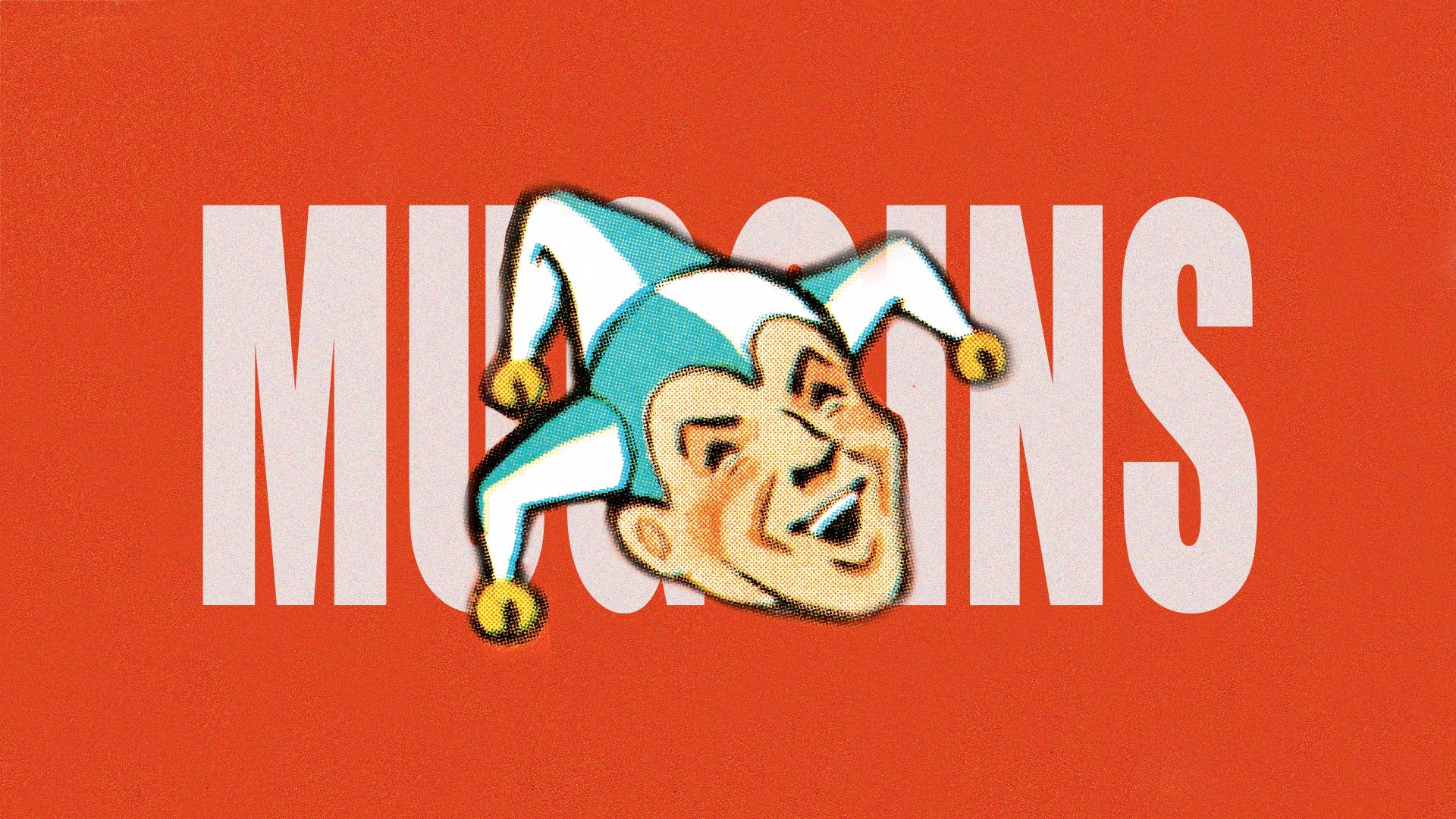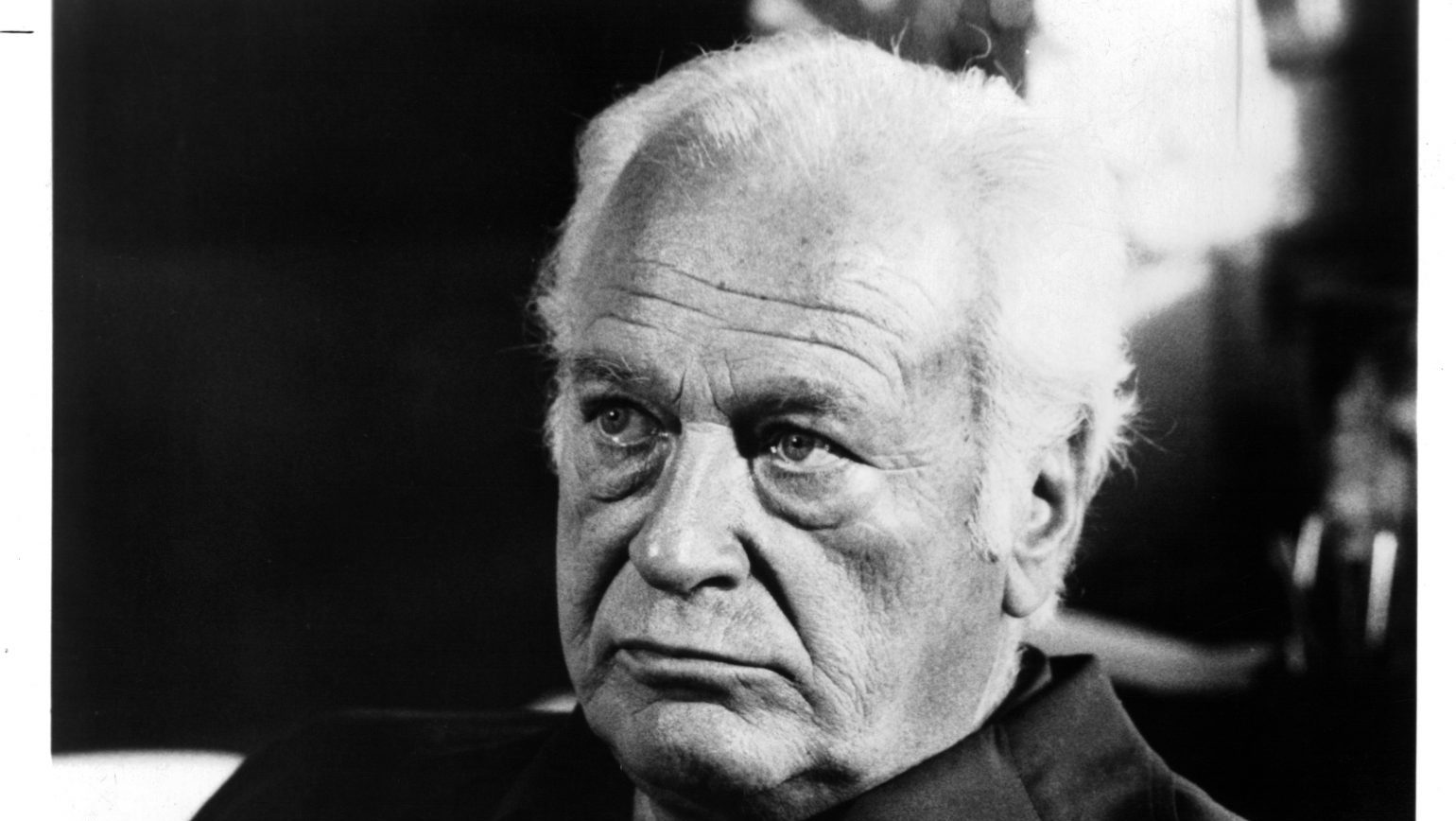There has been quite a lot of discussion over recent years about English pronouns. Some people in the public eye, and many others in business and academia, feel moved these days to declare what their pronouns are.
I sometimes rather facetiously say that my pronouns are I, me, my, mine. But of course, that is not what this whole issue is about. The intention is for a person to announce which, of all the available third-person personal pronouns, they would prefer other people to use when referring to them, the choice usually being one or more of he, she, they or possibly even it.
There is less choice in English for first-person pronouns – I and me – and none for a second-person pronoun, as we no longer have the choice of addressing someone as either familiar thou or (the originally more formal) you.
Other languages do have a range of different first-person singular pronouns. In Japanese, “I, me” is very often rendered as boku in the speech of male speakers, while watashi is generally used by females. “I, me” in the New Guinea language Ngala is /wn/ for males and /ngn/ for females.
But there is at least one other word in colloquial British and Irish English which could also be considered in this connection: the pseudo first-person pronoun used by both male and female speakers, muggins.
The Oxford English Dictionary tells us that the noun muggins means “a fool, simpleton, a person who is duped, outwitted, or taken advantage of, or who has acted foolishly”. But, importantly for the topic of our discussion here, the OED also adds that muggins is “now frequently used to refer to oneself”. That is, muggins is used in a third-person grammatical context but with the function of a first-person pronoun meaning “I”.
Examples might include: “They were looking for someone to clean the toilets, and of course muggins said he’d do it”; “they asked for volunteers to cook Christmas dinner and muggins said she’d step in”; and “I suppose muggins here will have to take care of the cat when they go on holiday” (the implication being that I will have to do it but I don’t want to).
As is frequently the case, reference works state that the origin of this usage of muggins is uncertain. But it seems that there may be some connection with the similar word mug, meaning “fool, idiot”. And that may in turn come from mug in the sense of a drinking vessel.
The link is to the use of mug “face, especially an unattractive one”, which lexicographers guess may have been an allusion to the drinking mugs fashioned to represent grotesque human faces which were apparently very common in drinking establishments in Britain in the 18th century.
This usage of mug is surely historically related to forms such as Dutch mok and Low German muck or mukke “drinking mug”, as well as Danish mugge, and the presumably Viking/Norse-origin mogue “mug”, which is found in the local Norman French dialect of the island of Guernsey.
It seems that Flemish, like English, also has a pseudo first-person pronoun which can be used in a very similar if not identical way to muggins, namely bibi: “They asked for somebody to clean up, and bibi (here) said yes”.
Guernésiais
The traditional native Norman French language of Guernsey, Guernésiais, contains a number of words of Old Norse origin. This is due to the heavy Norse settlement of Normandy and the Channel Islands during the Viking Age. For example, the Norman word hougue “mound” derives from Old Norse haugr, and corresponds to the modern Norwegian form haug.




